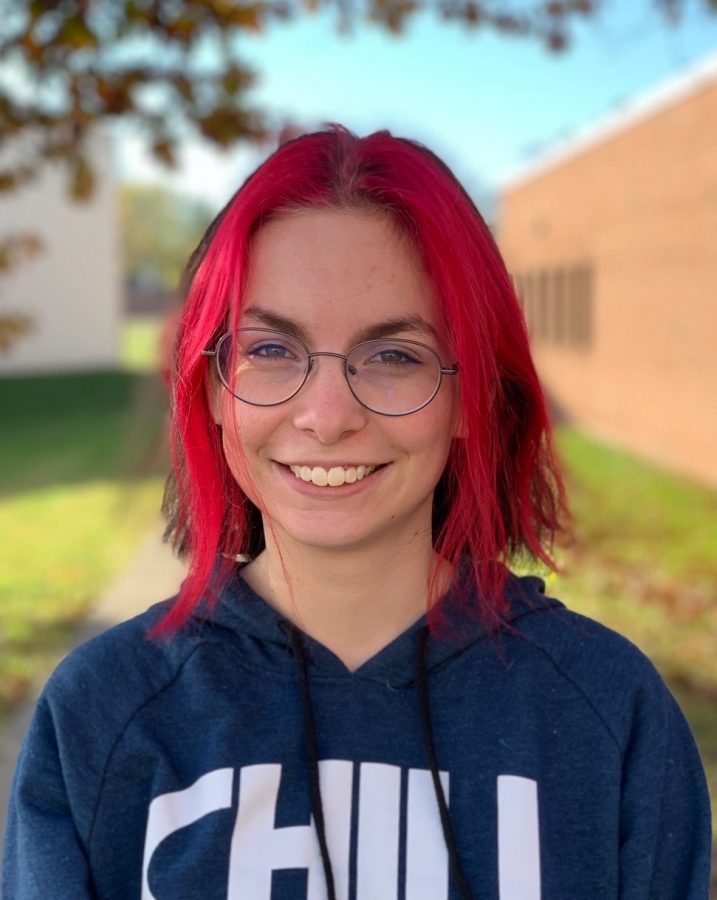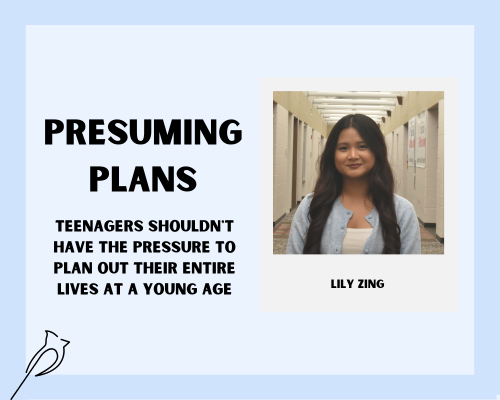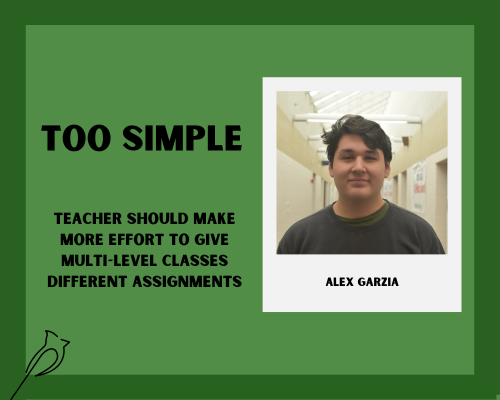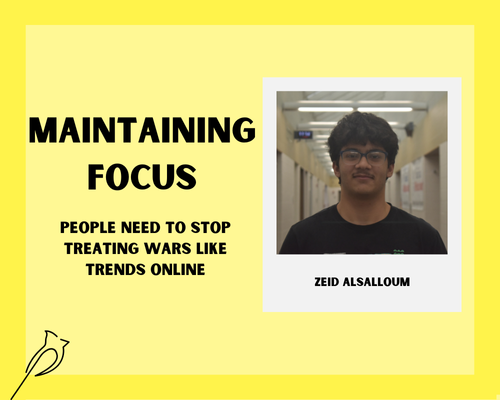Stop the stereotype
Alternative schools offer more than people think
I’ve always seen stereotypes as unfair. It is nothing more than a simple and insulting thought that is left to define groups of different people.
People that happen to hold one thing in common like hair color, sexuality or favorite shows are still individuals. More specifically, the stereotypes that come with attending an alternative school are not okay.
Although I have never been associated with the alternative-school-kid stereotype, my mom works in one, and I have friends who have been sent to them. I hate when people assume their character because of the schools they’ve gone to.
Don’t get me wrong, alternative schools are for children who are either expelled or suspended, but that doesn’t always reflect a child’s personality.
Sometimes they are just kids who make bad decisions and need to be taught certain aspects of socializing. Sometimes children have undiagnosed mental or neurological disorders that cause them to lash out. Disorders such as impulsive-control disorder and intermittent explosive disorder can cause violent outbursts. They may also have other problems that contribute to their misbehaviors.
There are always two sides to every story. When someone says they’ve been in an alternative school, people shouldn’t believe right away that they are delinquents.
When people think of alternative schooling programs, they shouldn’t always go to the cliche prison guard-like teachers and rebellious boys with tattoos stereotype that society has portrayed them with.
Of course there are exceptions, but I believe more often than not, that the students in these schools aren’t as bad as their stereotypes. Those schools are there to help them, and to provide them the necessities that they need to stay in school and on a good track.
I like to think that alternative schools are kids’ second chances.
When I hear about the day my mom had at her job or a brief description of a school day from one of my old friends, the stories, more often than not, show how the programs they use give students the tools they need to better themselves. They don’t paint them as prison-like punishments, but as a place where kids are taught to communicate and control overwhelming emotions.
That being said, people sometimes don’t fully understand that they need to take them seriously. Some kids may have violent tendencies or have maybe cursed out a teacher, but those are often learned behaviors.
According to the educational progress of students in alternative schools from americanprogress.org, alternative schools also better their graduation chances. If a student was to fall behind in a more traditional school environment, according to the study, 13.2% graduated in 2014 if they were to fall behind. In an alternative school setting, the graduation rates were increased to 29.9%.
Considering that the assumptions for alternative school students are that they grow up to be future criminals or work at fast-food restaurants into their late 40s, the rise in graduation rates
is something that I am happy to see. I think of this as especially important when job opportunities rely on certain levels of graduation.
I want us to push away the preconceived notions that are stunting the education of alternative students. Unfortunately I am only one voice. I think that if more people came out to say that they went to alternative schools, the stereotype would fade. So many different people go to these schools for multiple reasons, and I think if the world saw how different students are from the stereotypes, it would all help diminish the thought little by little.
I believe with my whole heart that it’s not right for people to be constantly labeled by their experiences. By labeling the alternative school students as future prison residents, people not only put them down mentally but also give alternative schools an ill reputation. People don’t deserve to have the weights of stereotypes barring down on them. By doing this, I feel like society is just setting everyone up for failure.
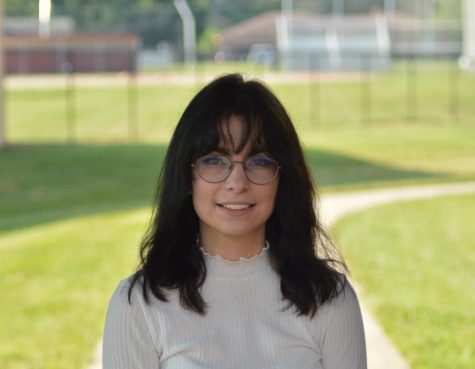
Hello! My name is Bridget and I am a senior at SHS. I am also the entertainment editor for the 2021-2022 school year. Since this is my first time being...


